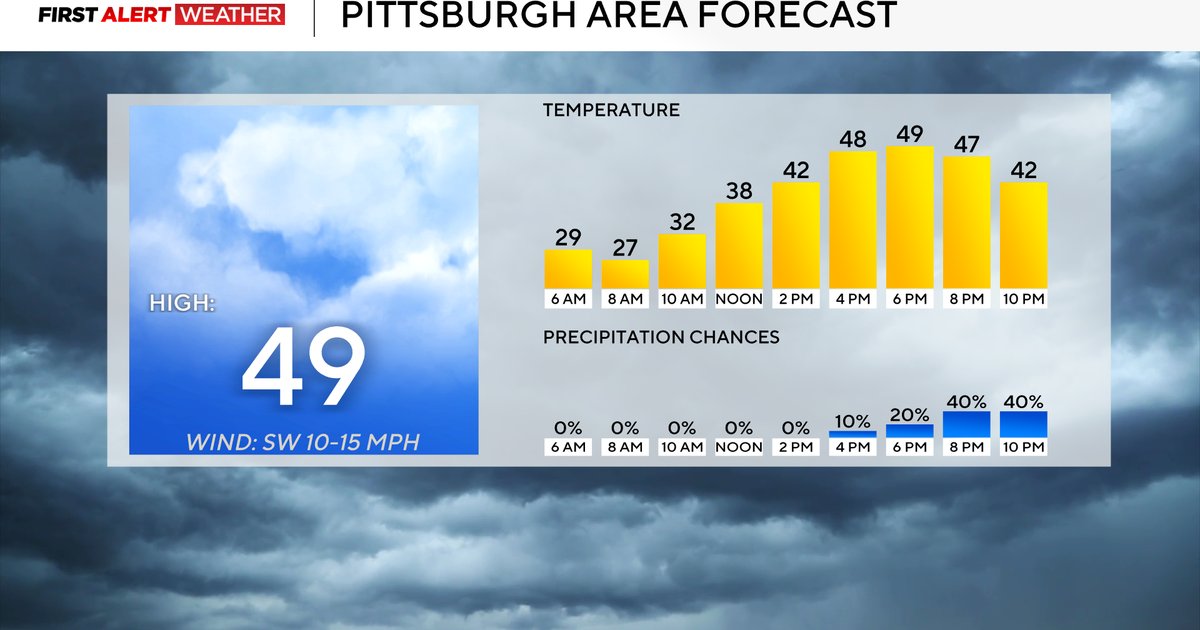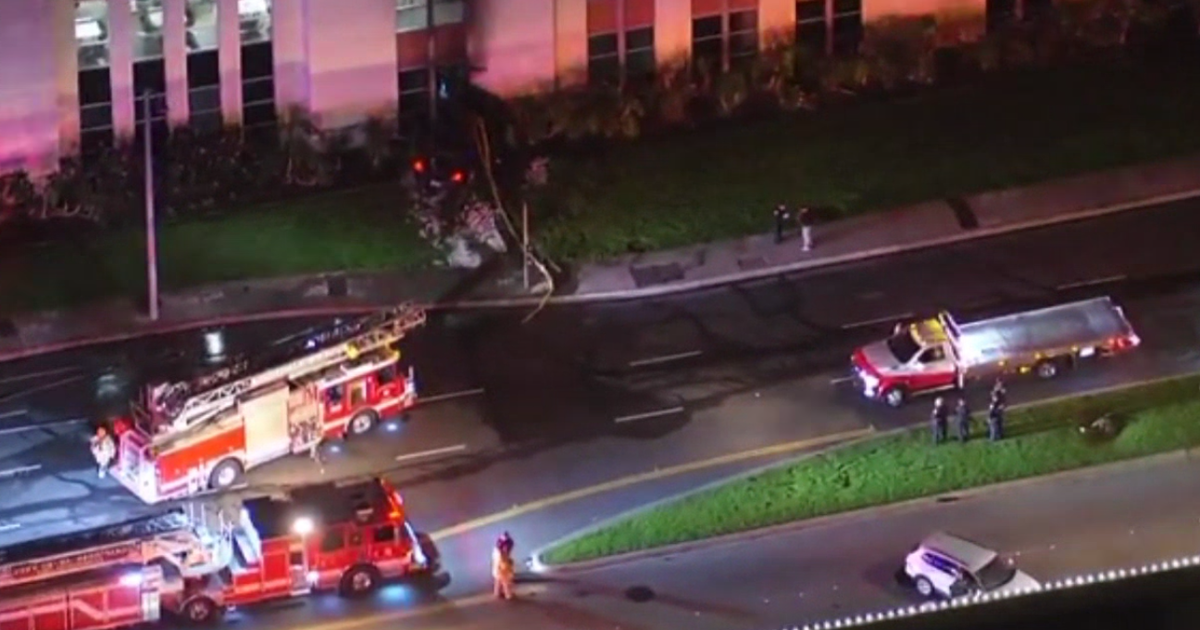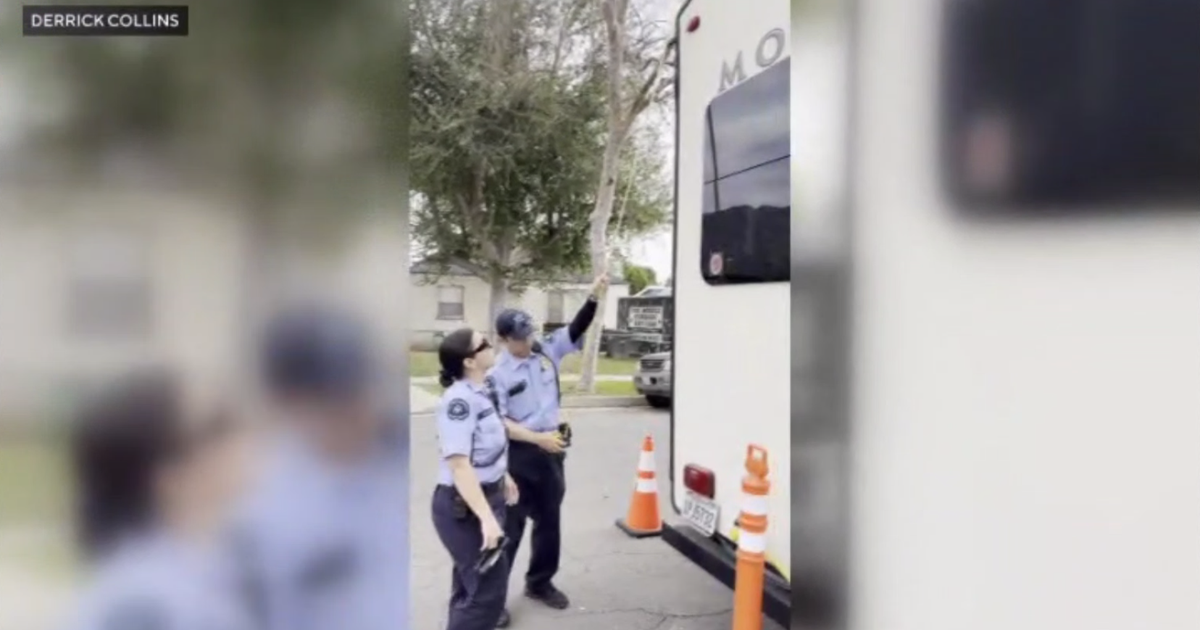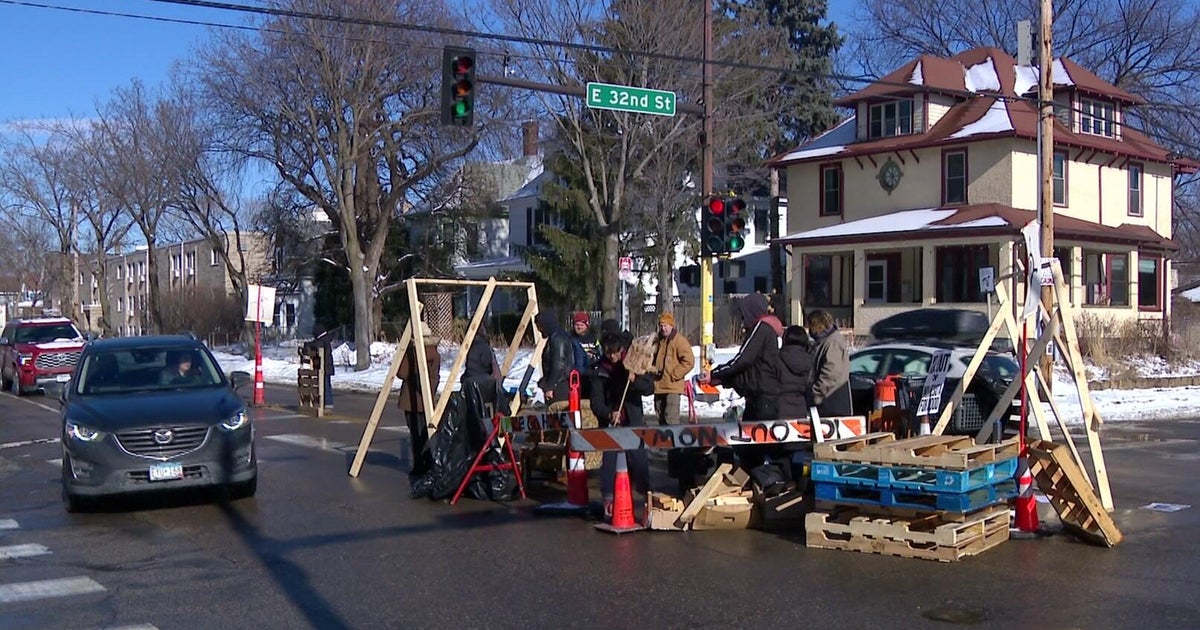AMBER Alert Concerns After Delay, Multiple Notifications On Cellphones
SUMMIT COUNTY, Colo. (CBS4)- The sound and vibration notifications on your cellphone signals possibly life-saving information for a child in danger.
After an AMBER Alert was issued for a 12-year-old boy out of Saguache County Sunday night, dozens of viewers contacted CBS4, concerned the notifications are not working the way they are supposed to.
"I don't think it works well, I know people who didn't get it, some that got dozens of them," Wendy Frazier told CBS4 Monday afternoon.
Verizon customers reported they received the cell phone notification delayed by an hour. Some T-Mobile users told CBS4 they received multiple of the same alert over several hours.
"As a parent I am frustrated, the system isn't working like it is supposed to," Frazier added.
She is not only a parent but she is also a child welfare worker and knows just how vital an AMBER Alert can be in saving a child from harm.
In Colorado, multiple agencies including the Colorado Bureau of Investigation (CBI), Federal Emergency Management Agency (FEMA), and all of the individual cellphone carriers are involved in making sure everyone gets the AMBER Alerts once they are issued.
CBI officials tell CBS4 they understand there were issues with the system and are investigating what went wrong. But, they also point to other ways the AMBER Alert is being broadcasted, including social media and TV, as all working exactly how they are supposed to, reaching millions of people in a very short time.
In April 2002, the AMBER Alert Plan Program was signed into law. According to CBI, it allows local law enforcement agencies to utilize the Emergency Alert System (EAS) in Colorado for broadcasting specific information to the public so citizens may assist in the search for the abducted child. The law mandates the Colorado Bureau of Investigation be the liaison between the local law enforcement agency with the case information and the primary Emergency Alert System Broadcaster. In 2003, the original law was amended to allow the Colorado Bureau of Investigation to activate the Colorado AMBER Alert for another state if there is credible information the child is in or traveling through Colorado.
According to CBI's website, once law enforcement has been notified about an abducted child, they must first determine if the case meets the AMBER Plan criteria:
- The abducted child must be 17 years of age or younger
- The abducted child must be in immediate danger of serious bodily harm or death
- There must be enough descriptive information available to believe a broadcast will assist or aid in the recovery
- The activation must be requested by a local law enforcement agency or AMBER Designee from another state
If these criteria are met, law enforcement will notify the Colorado Bureau of Investigation. CBI agents collect the information about the abductor, the child, mode of transportation, direction of travel and abduction details. The AMBER Designee uses a computerized system to facilitate the activation process. Alert information is forwarded to the primary Emergency Alert System (EAS) station to be broadcast via the EAS to Colorado media outlets.
In addition to EAS notifications, the CBI utilizes the Wireless Emergency Alert (WEA) system to send cell phone text messages during an activation of the AMBER Alert system. The Federal government oversees the WEA system. It is not clear if this system malfunctioned or where the multiple same alerts sent to some people came from. The situation remains under investigation.
CBI credits the multiple platforms the AMBER Alert is broadcast as working the way the law intended it should.
They partner with The Colorado Department of Transportation to utilize its Variable Message Signs (VMS) on Colorado highways to display pertinent information and direct you to tune to local media for additional information. The automation of the AMBER Alert process has allowed us to increase the timeliness as well as protect the integrity of the information.
Frazier remains concerned frequency and recent technical issues will impact the effectiveness of the AMBER Alerts.
"I worry this is going to become car alarms, everyone ignores them when they go off, my biggest fear is everyone is going to start to ignore them and then where do we go from there," she said.
Matt Kroschel covers news throughout Colorado working from the CBS4 Mountain Newsroom. Send story ideas to mrkroschel@cbs.com and connect with him on Twitter @Matt_Kroschel.







